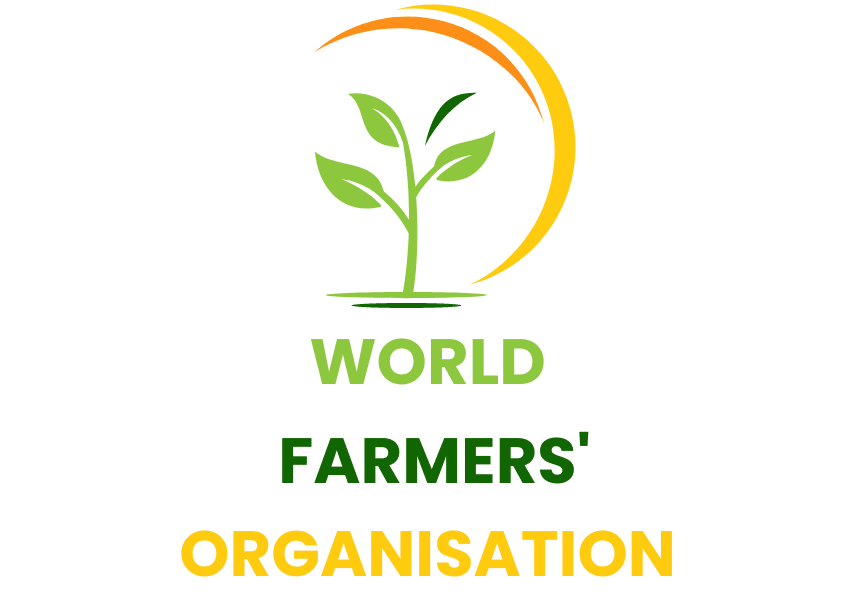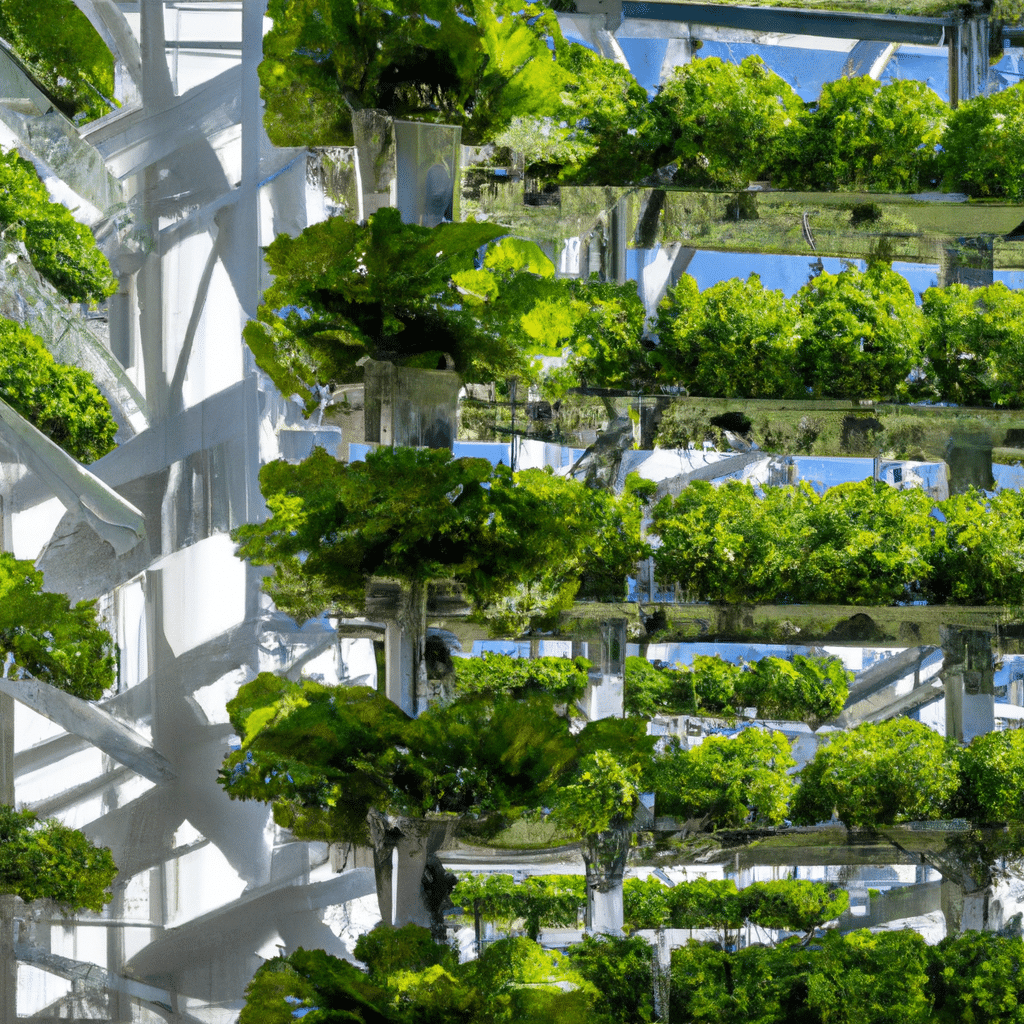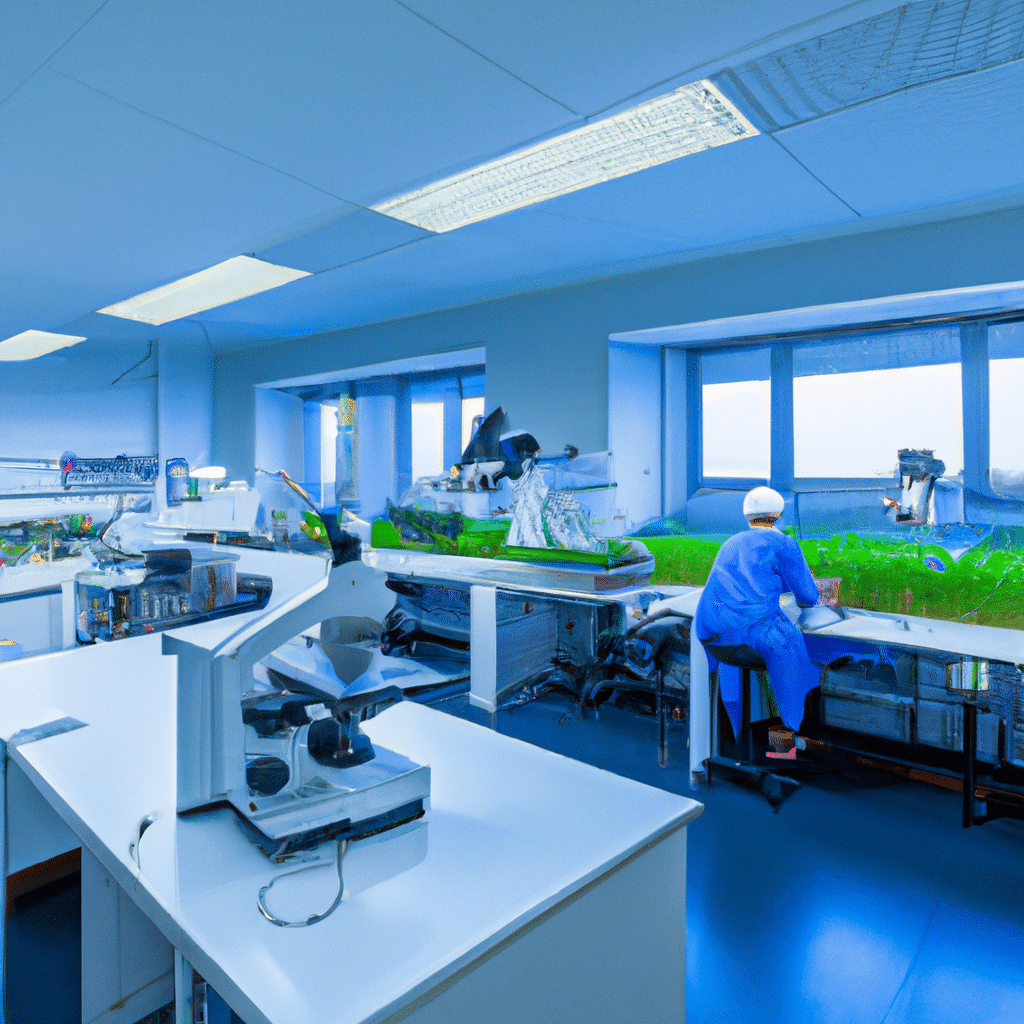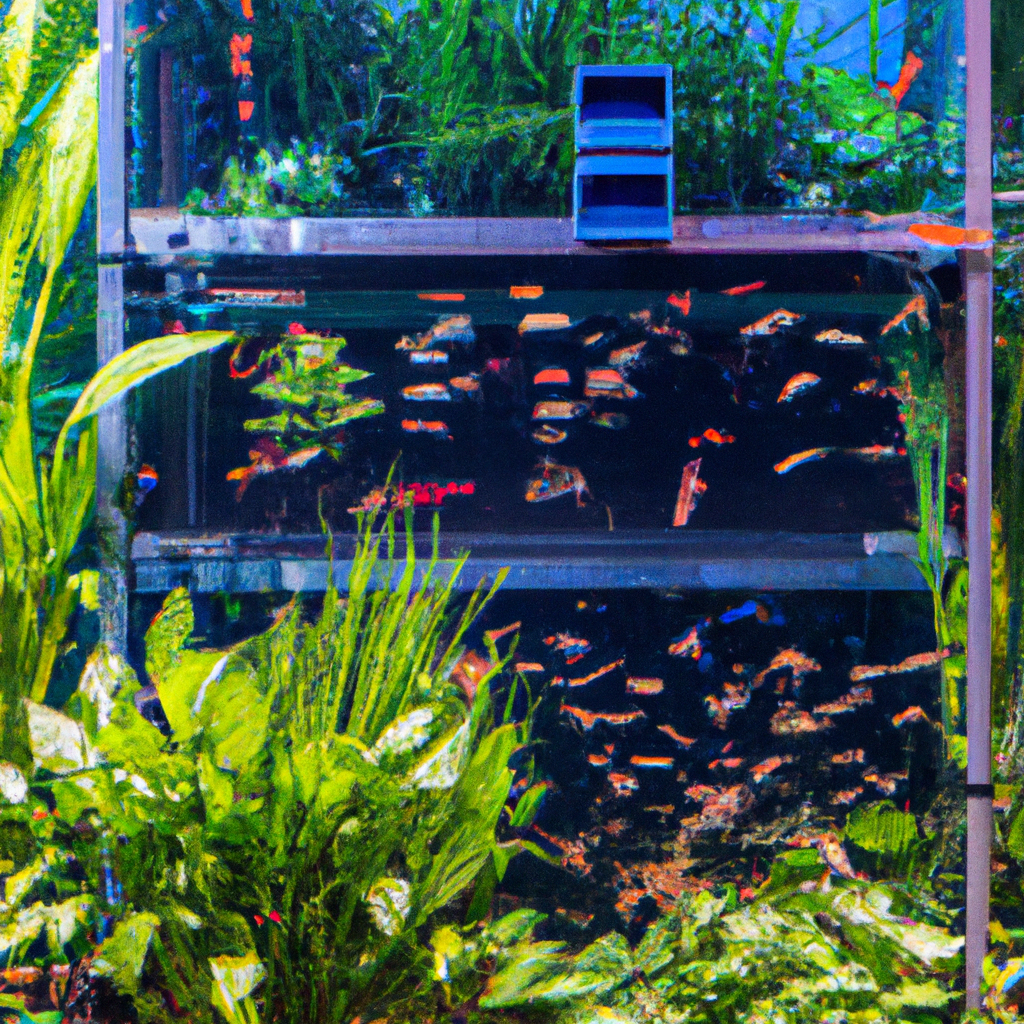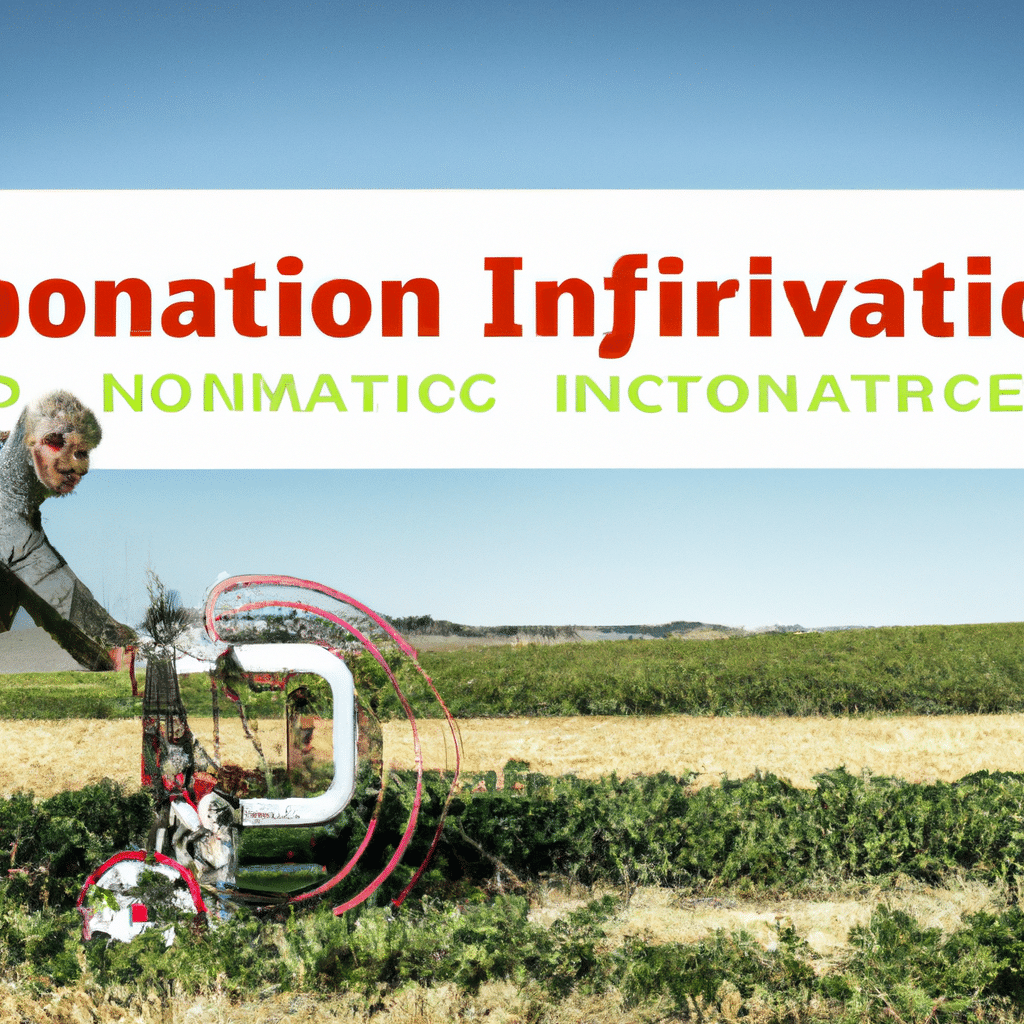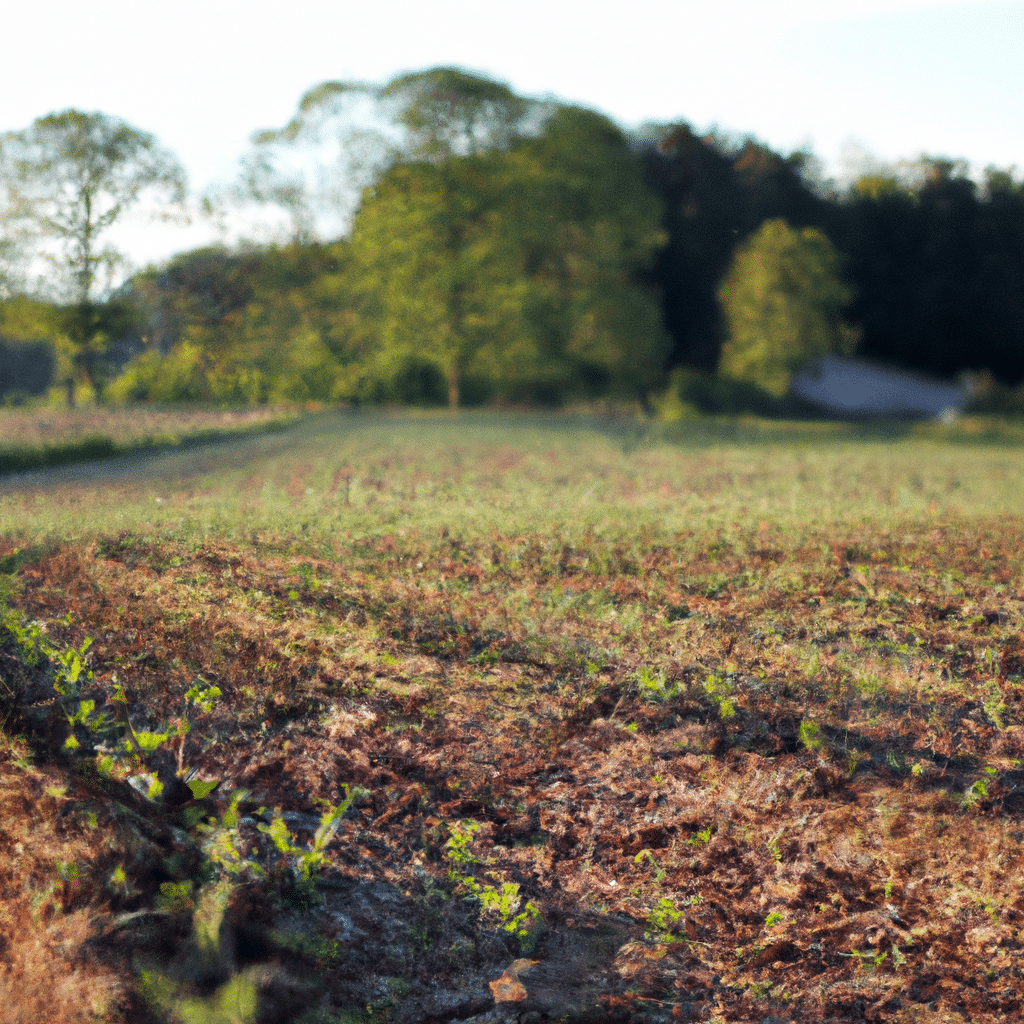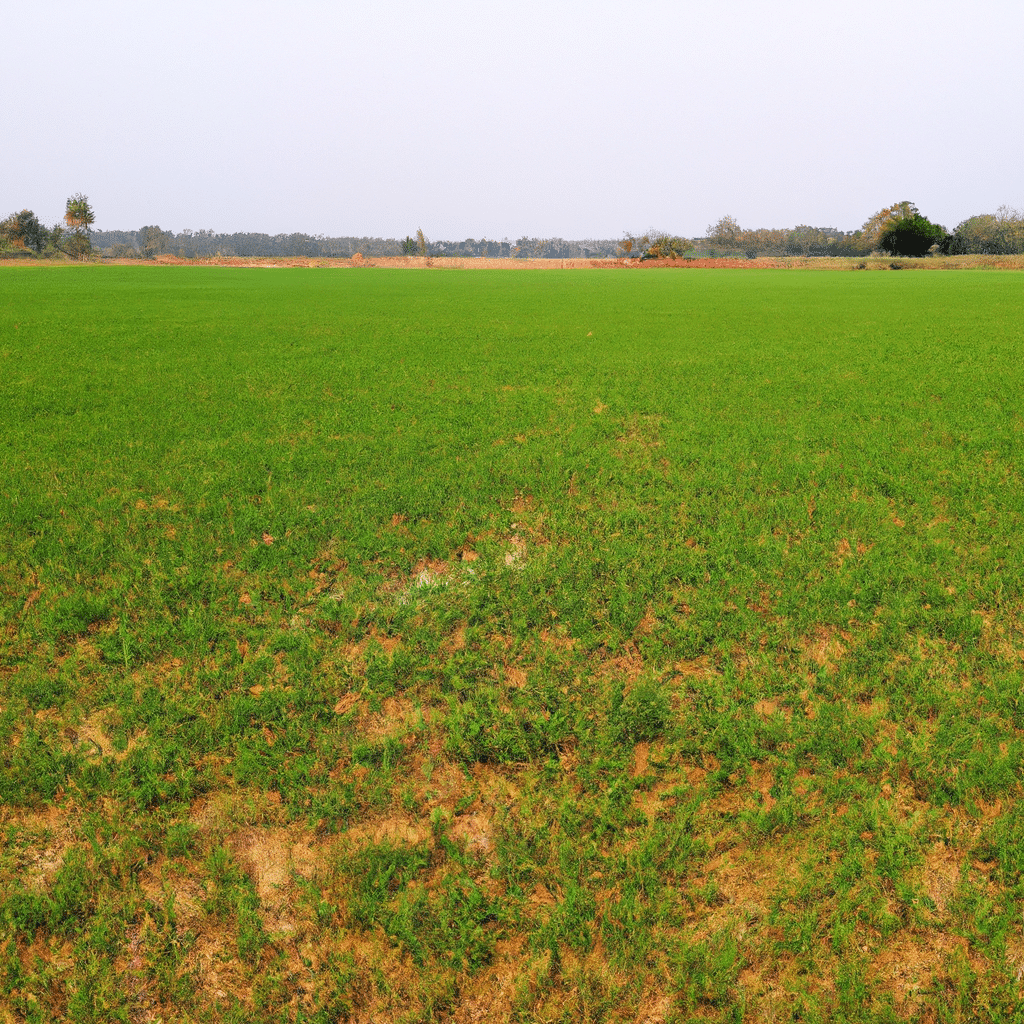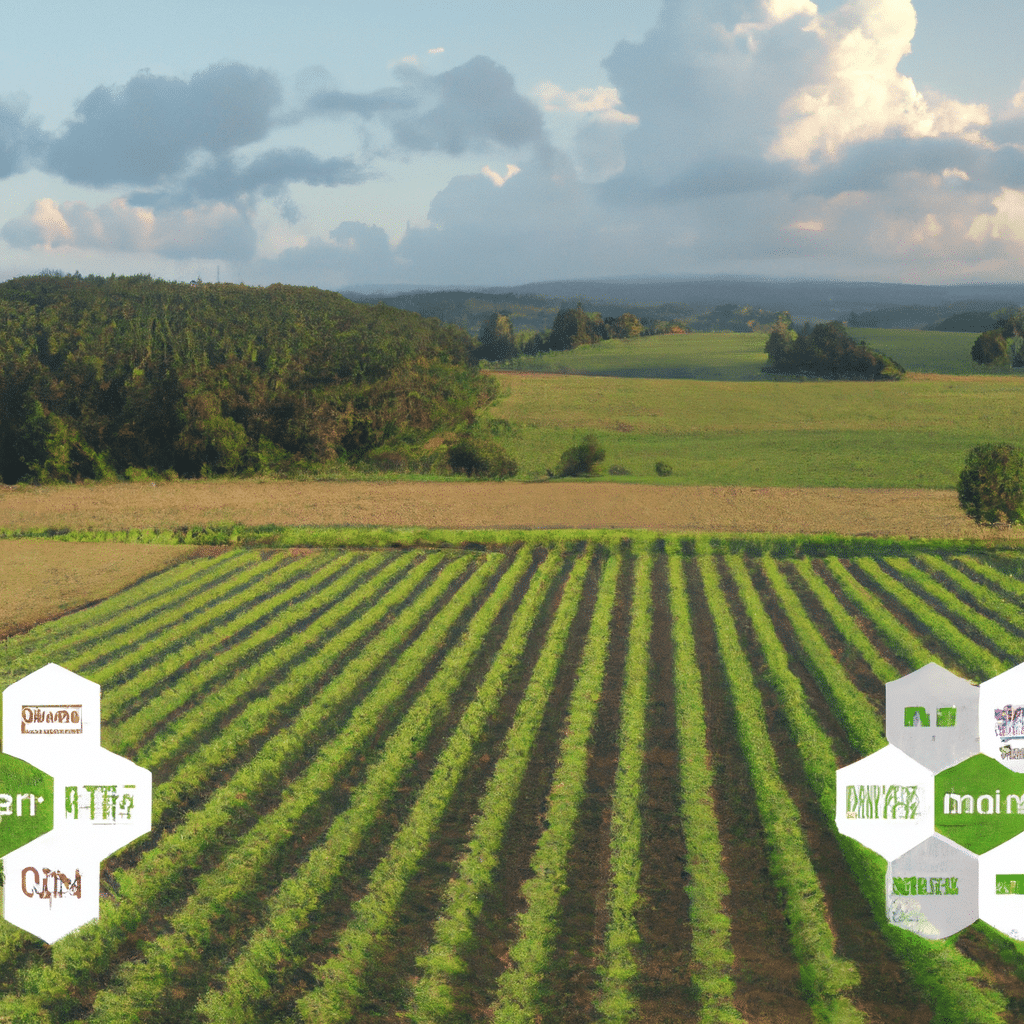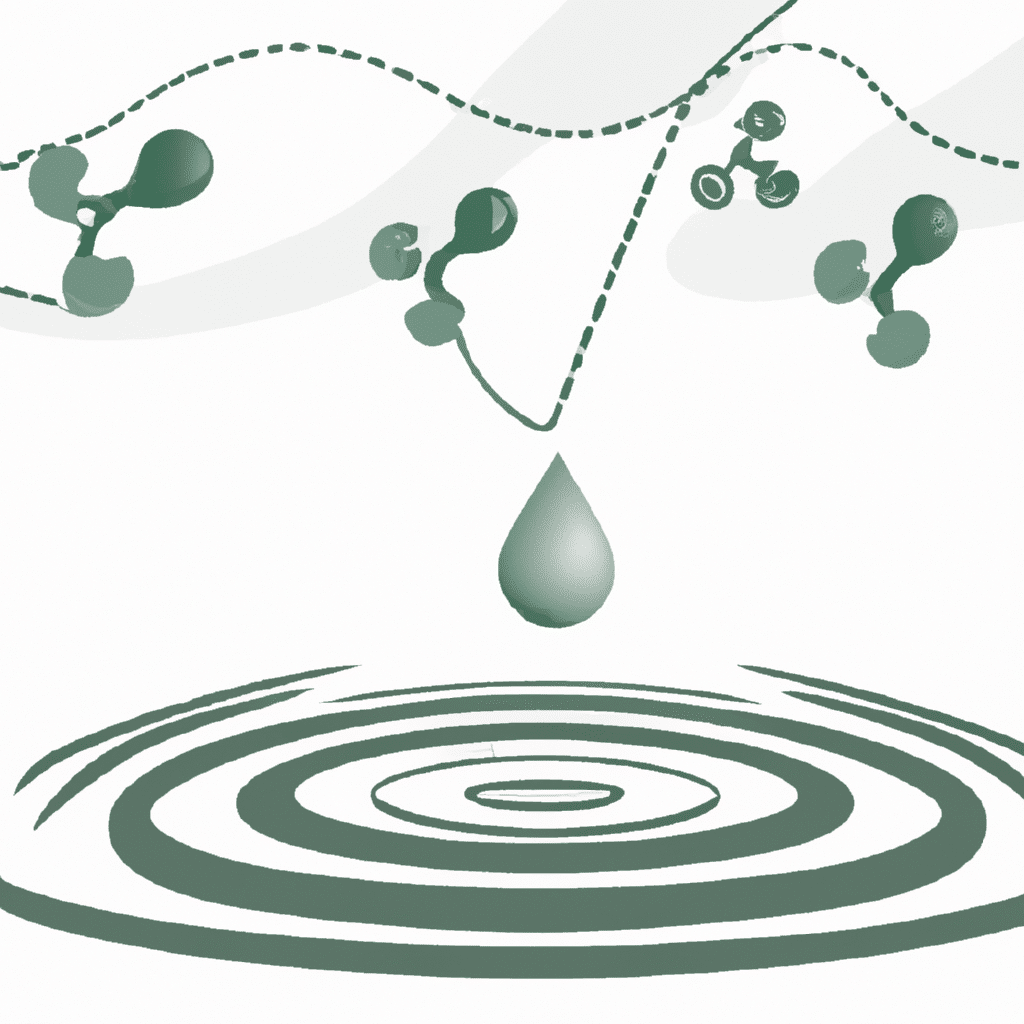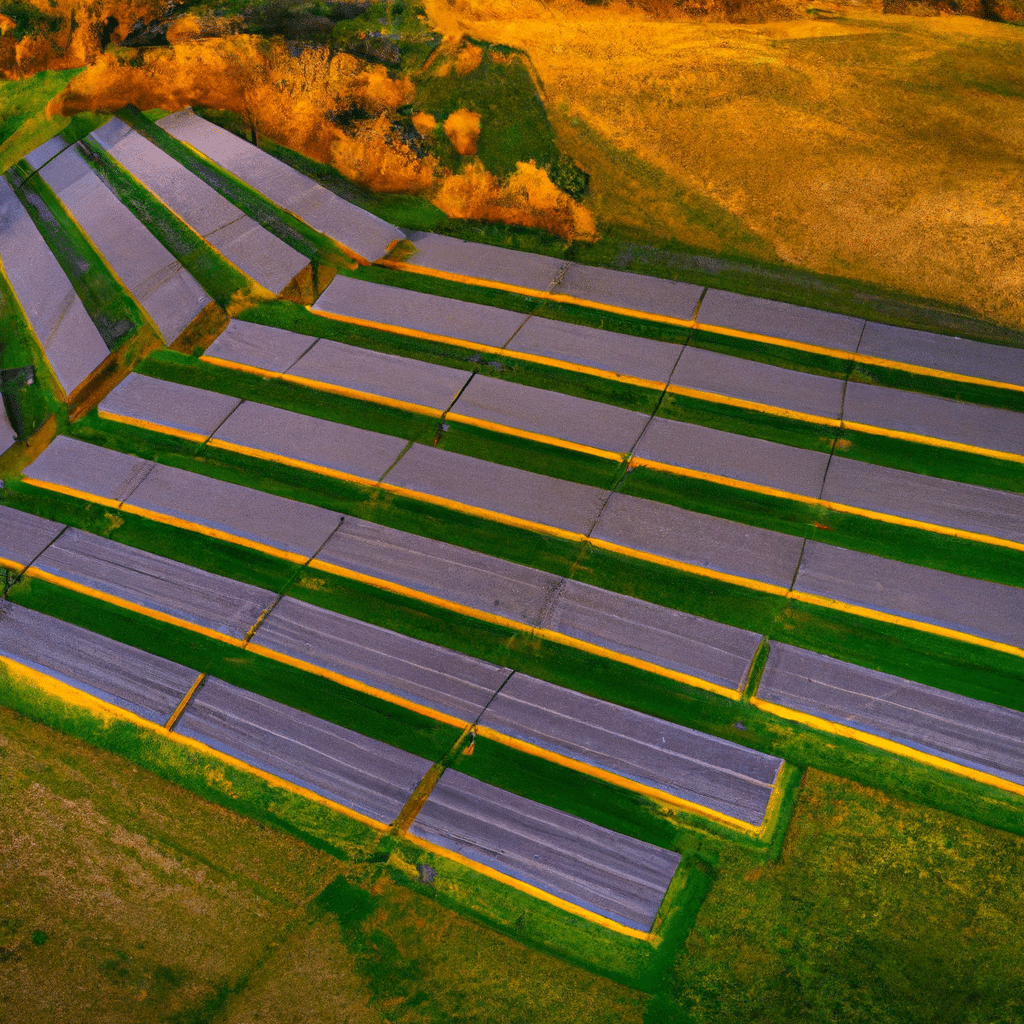In today’s rapidly evolving world, sustainability has become a key focus across various industries, and agriculture is no exception. As the demand for eco-friendly practices grows, farmers are increasingly turning to solar-powered tools and equipment to harness the sun’s energy and reduce their environmental impact. In this article, we will delve into the world of solar-powered farming, exploring the benefits, types of equipment available, and how it can contribute to sustainable agriculture.
The Benefits of Solar-Powered Farming
1. Environmental Sustainability
Solar-powered farming offers a multitude of environmental benefits. By utilizing renewable energy, farmers can significantly reduce their carbon footprint and decrease reliance on fossil fuels. Traditional farming methods often rely on diesel-powered machinery, which emits greenhouse gases and contributes to air pollution. Solar power, on the other hand, produces clean energy, resulting in reduced emissions and a healthier environment.
2. Cost Savings
One of the primary advantages of solar-powered farming is the potential for long-term cost savings. While the initial investment in solar equipment may seem substantial, the operational costs are significantly lower than conventional methods. Once installed, solar panels require minimal maintenance and can generate electricity for decades. By reducing or even eliminating electricity bills, farmers can save money in the long run.
3. Energy Independence
Solar-powered farming provides an opportunity for farmers to become more self-sufficient in terms of energy production. By generating their own electricity, farmers can become less reliant on the grid and volatile energy prices. This energy independence offers stability and resilience, allowing farmers to focus on their operations without worrying about fluctuations in energy costs.
Types of Solar-Powered Farming Equipment
1. Solar-Powered Irrigation Systems
Water scarcity is a significant concern in agriculture, particularly in regions with limited access to freshwater sources. Solar-powered irrigation systems offer a sustainable solution by utilizing solar energy to power pumps and distribute water to crops. These systems can be designed with efficient water management technologies, ensuring optimal water usage and minimizing waste.
2. Solar-Powered Electric Fencing
Protecting crops and livestock from wildlife or unauthorized access is crucial for farmers. Solar-powered electric fencing provides an effective and environmentally friendly solution. By harnessing solar energy, farmers can power electric fences without relying on grid electricity or batteries. This not only saves costs but also reduces the environmental impact associated with traditional electric fencing methods.
3. Solar-Powered Greenhouses
Greenhouses are essential for crop cultivation in regions with unfavorable climates or limited arable land. Solar-powered greenhouses take advantage of the sun’s energy to regulate temperature and provide lighting for optimal plant growth. By utilizing solar panels to generate electricity, these greenhouses can maintain a controlled environment while reducing reliance on external energy sources.
4. Solar-Powered Livestock Watering Systems
Water is a vital resource for livestock farming, and solar-powered watering systems offer an efficient and sustainable solution. These systems use solar energy to pump and distribute water to livestock, eliminating the need for grid electricity or manual labor. By reducing water waste and ensuring a consistent water supply, farmers can improve the welfare of their animals while minimizing their environmental impact.
Conclusion
As the world embraces the importance of sustainability, solar-powered farming tools and equipment are emerging as valuable assets for farmers seeking to reduce their environmental impact and improve their bottom line. By harnessing the sun’s energy, farmers can achieve environmental sustainability, cost savings, and energy independence. Solar-powered irrigation systems, electric fencing, greenhouses, and livestock watering systems are just a few examples of the innovative equipment available. Through the adoption of solar-powered technologies, sustainable agriculture becomes not only a possibility but a reality for farmers worldwide. Embracing solar power in farming is not just an investment in the future; it is a commitment to a more sustainable and greener planet.
